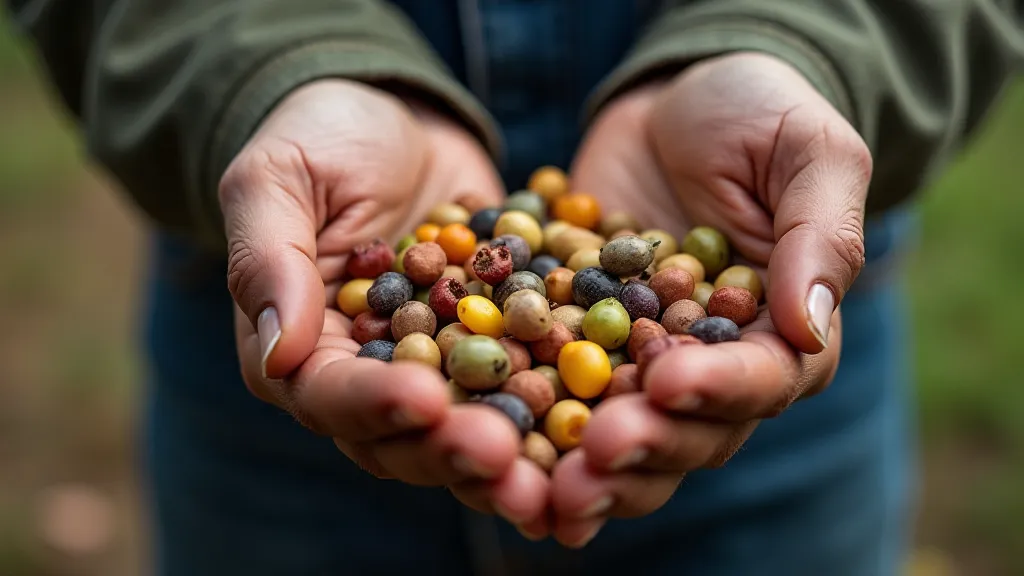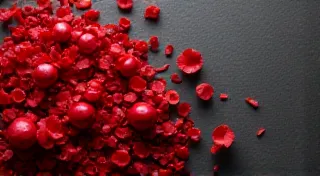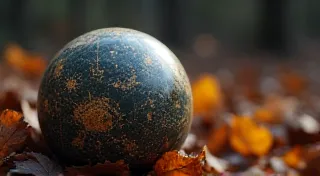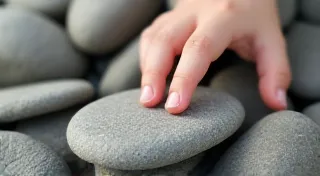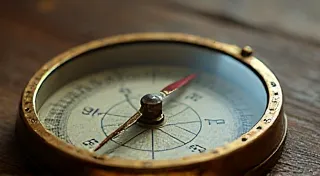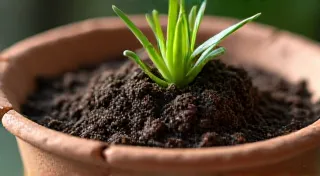The Bean’s Compass: Navigating the Ethical Landscape of Heirloom Seed Trade
There’s a peculiar beauty in objects that have borne witness to time. A worn leather satchel, a chipped teacup, a well-loved book – each tells a silent story of lives lived, meals shared, and memories made. For me, that same feeling resonates deeply with antique accordions, instruments that whisper tales of traveling musicians, lively dances, and generations of shared joy. The complex mechanics, the hand-crafted bellows, the painstakingly engraved keys – they speak of a dedication and artistry lost in much of modern production. And that same feeling, that reverence for history and craftsmanship, is at the heart of appreciating and responsibly engaging with heirloom seeds.
Heirloom seeds, unlike their hybrid counterparts, have been passed down through generations, often cherished within families and communities. They represent a living link to our agricultural past, a biodiversity that holds secrets to resilience and flavor we’re only beginning to understand. But the trade in these precious seeds is increasingly complex, laden with ethical considerations that deserve careful examination – considerations that extend beyond simply purchasing a packet from a vendor.
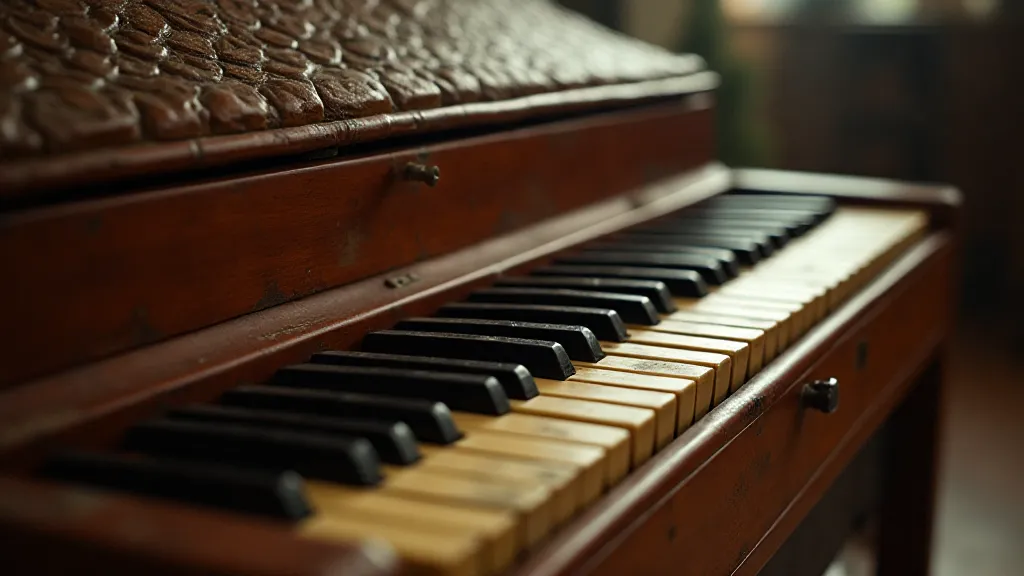
The Story Within the Seed: Heritage and Preservation
The story of an heirloom bean often isn’s written in a history book, but embedded within its genes. Imagine a farmer in Appalachia, carefully saving the seeds from his favorite Kentucky Wonder bean year after year. He shares them with his neighbor, who in turn, passes them on to their children. These beans aren't just a source of food; they're a connection to their heritage, a tangible representation of their community’s identity. Each seed carries a legacy of adaptation to a specific region, a testament to the farmer’s keen observation and skillful selection.
The loss of heirloom varieties is a stark reminder of the fragility of our agricultural heritage. During the mid-20th century, the push for increased yields and disease resistance led to the widespread adoption of hybrid varieties. While hybrids often boast impressive productivity, they don’t breed true – meaning you can’t save their seeds to grow the same variety next year. This reliance on purchasing new seed each year effectively erased countless locally adapted and cherished bean varieties from existence. The diversity we've lost represents a narrowing of our resilience – a diminished ability to adapt to changing climate conditions and emerging diseases.
Farmer Rights and the Seed Trade: A Delicate Balance
The rise of the heirloom seed trade has been a welcome development, offering consumers access to a wider range of flavors and supporting smaller farms dedicated to preserving these treasures. However, the commercialization of these seeds raises crucial questions about farmer rights. Many heirloom varieties originated with indigenous communities or small-scale farmers who, through generations of careful selection, developed unique and valuable strains. These farmers often haven't been compensated for the use of their varieties and may not even be aware that their seeds are being sold commercially.
The concept of “plant breeders’ rights” exists to protect the intellectual property of those who develop new varieties, but applying these principles to heirloom seeds is fraught with complexities. Do we have a right to profit from a variety that originated with a community who has traditionally held it in common? Should farmers who have faithfully saved and passed down a variety for generations be entitled to a share of the profits derived from its commercial sale? These are questions that demand ethical consideration and a willingness to prioritize fairness and equity within the seed trade.
Biodiversity: More Than Just Flavor
The benefits of preserving heirloom bean varieties extend far beyond the realm of culinary delight. Biodiversity is the foundation of a resilient agricultural system. A diverse gene pool provides us with the raw material to adapt to future challenges – be it climate change, disease outbreaks, or evolving pest pressures. Imagine a world dominated by just a few highly uniform bean varieties. A single devastating blight could wipe out entire harvests, leading to widespread food insecurity.
Heirloom varieties often possess unique traits that have been lost in modern breeding programs – traits like drought tolerance, disease resistance, or nutritional density. Preserving these varieties is not just about safeguarding our culinary heritage; it’s about ensuring the long-term health and resilience of our food system. Each seed holds a piece of the puzzle, a potential solution to challenges we haven’t even foreseen.
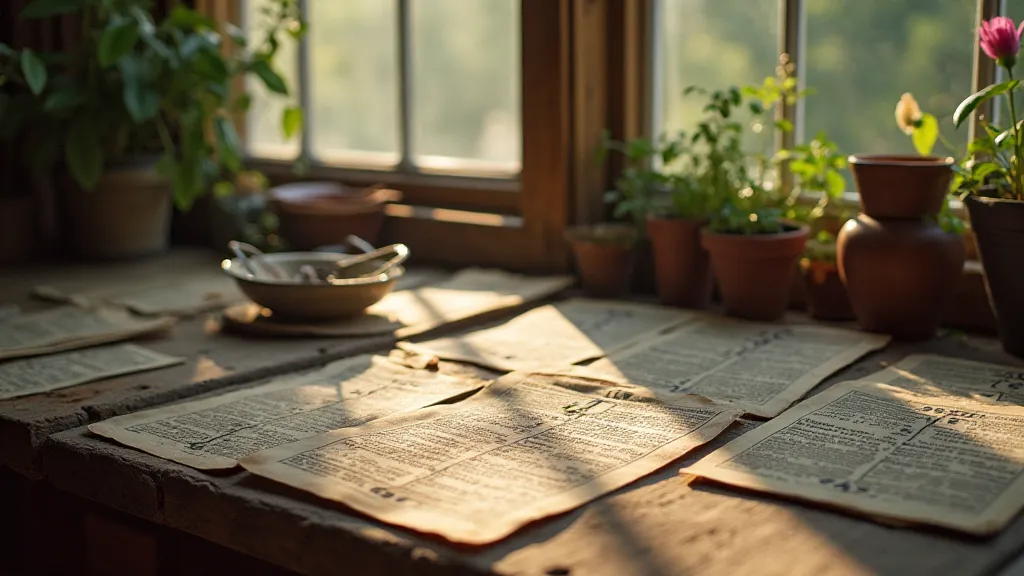
Ethical Sourcing: Asking the Right Questions
So, how can we as consumers engage with the heirloom seed trade ethically? The answer lies in asking questions and supporting businesses that prioritize fairness and transparency. Here are a few guidelines to consider:
- Traceability: Look for seed companies that can trace the origin of their seeds and provide information about the farmer or community who originally developed them.
- Fair Compensation: Support businesses that share profits with the original breeders or communities. Some companies now offer “seed stewardship” programs, which directly compensate the keepers of these valuable genetics.
- Community Partnership: Seek out seed companies that work in partnership with indigenous communities or small-scale farmers, providing them with technical assistance and market access.
- Seed Saving Advocacy: Choose companies that actively promote seed saving practices, encouraging consumers to preserve and share these valuable genetics.
- Respect for Indigenous Knowledge: Recognize the intellectual property rights of indigenous communities and support their efforts to protect their traditional seeds.
Just as a skilled accordion restorer meticulously preserves the integrity and history of an instrument, we as consumers have a responsibility to ensure that the heirloom seed trade is conducted in a way that honors the people and communities who have nurtured these valuable genetics for generations. It's about more than just buying a packet of beans; it’s about investing in a more equitable and resilient food system.
The warmth of an antique accordion, the intricate craftsmanship, the echoes of music and laughter – these are qualities we cherish and strive to preserve. Similarly, the heirloom seed represents a living heritage, a testament to the ingenuity and resilience of farmers throughout history. By engaging with the trade ethically and responsibly, we can ensure that these treasures continue to nourish us, both literally and figuratively, for generations to come.
